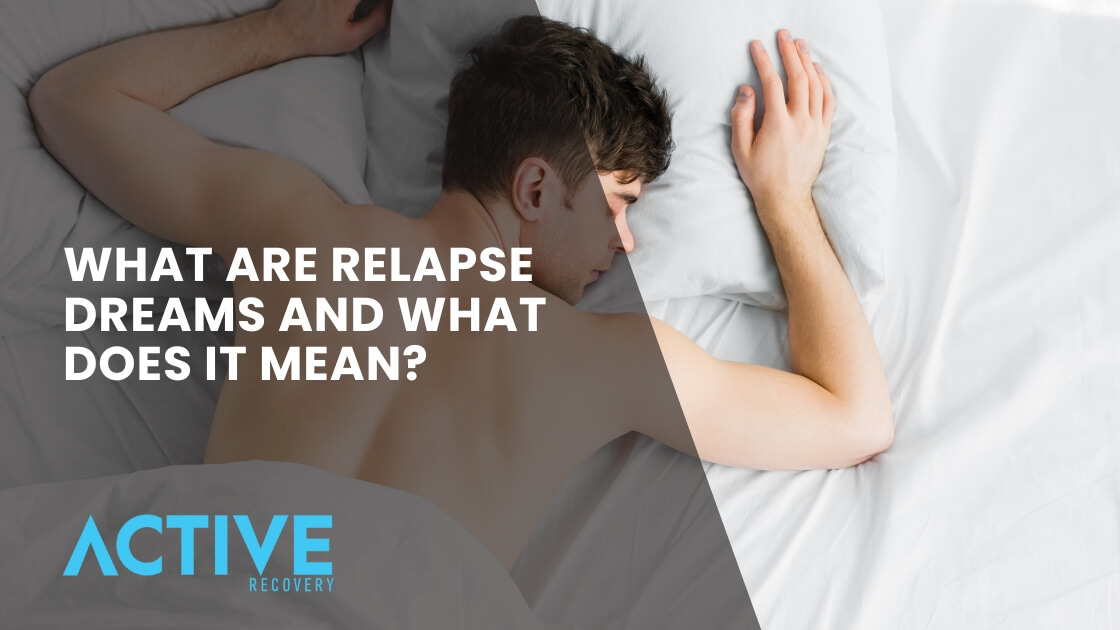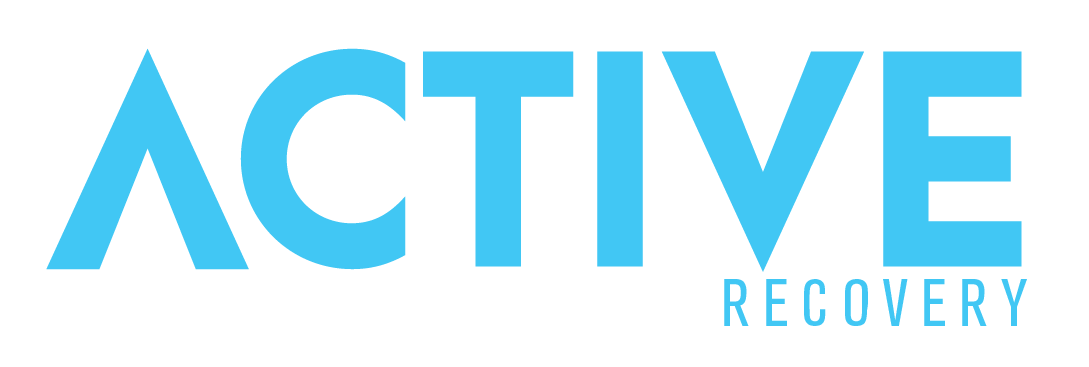Last Updated on December 14, 2023


The reality of a relapse dream in recovery is they seem to come out of nowhere. You're sleeping soundly and suddenly BAM! You're thrown back into the world you left behind. You feel the temptations and cravings, once dormant, surge back with relentless force. But what exactly are relapse dreams and what do they mean?
Relapse dreams can be a challenge during addiction recovery, as they can be extremely emotionally unsettling. As an expert in sober companioning and sober coaching, Active Recovery Companions is here to provide guidance and support to help you navigate through these dreams without letting them shake your confidence.
For support or aftercare services, reach out to Active Recovery Companions. We genuinely understand what you're going through and are here to help.
When you're in the thick of addiction recovery, you might experience something called a relapse dream. A typical relapse dream involves a dream where you are using substances again. It will feel so real that you wake up in emotional distress, relieved yet shaken that it was only a dream.
It's interesting how your mind can seem to work against you at times, particularly during early recovery when vulnerability is high.
During this stage, your brain enters REM sleep, which is when your dreams tend to be the most vivid. It's like your mind is putting on a show by replaying your fears and past experiences. But why does this happen?
These dreams aren't coincidences, because they reflect the emotional hurdles you face in everyday life. The truth is these dreams are part of your mind's healing process, sorting through your fears and anxieties.
It's your brain's way of processing the complex emotions related to your recovery.
These dreams don't indicate weakness or predict a relapse in real life. They are just a reflection of your mind's deep engagement with the recovery process.
Recognizing them for what they are and understanding that they are a normal part of recovery can help you manage the emotional distress they might cause.
You might be curious about how common relapse dreams in recovery are. Though it may feel isolating, relapse nightmares are more common than you might think.
If you find yourself having vivid dreams about falling back into old habits, it's important to know that you are not alone in going through this experience.
These dreams are a frequent topic in substance abuse treatment circles, and they're often discussed among those who have been through more severe clinical histories of addiction. It turns out that the intensity and frequency of these dreams can vary.
Some people might experience these dreams only occasionally, while others might find them to be a recurring part of their sleep.
So, if you find yourself waking up from a dream where you've relapsed, don't be too hard on yourself. These dreams don't determine the course of your recovery; they're simply a blip on the radar, a reflection of your brain's adjustment to your new sober life.
Keep in mind, it's not about the dream per se, but rather how you react to it and stay committed to your recovery.
What sparks a relapse dream during your recovery from a substance use disorder, is not just random—there's a whole mix of factors at play here.
Think about your history of substance use. If you've experienced relapse dreams, it's often because your brain is still processing your past habits.
Throughout the recovery process, your mind is adjusting to a new routine, and occasionally, it revisits former patterns in dreams. It's your brain's method of coping with change, even during your sleep.
Another significant factor in triggering these dreams is stress. Many in recovery report that when they're stressed, they're more likely to have a relapse dream. It appears that during moments of stress, the brain may revert to familiar patterns to cope.
And let's not forget about coping mechanisms.
If you're still working on building new ways to handle negative thoughts and emotions, your dreams might reflect that struggle. In your dream, your brain may revert to old habits as a means of coping with challenges.
So, if you wake up from one of these dreams, remember it's not a step back.
It's more like your brain showing you what it's still working on. Understanding these triggers can help you strengthen your coping strategies to keep you moving forward.
Waking up from a relapse dream can be a jarring experience, leaving you with a mix of relief and psychological distress.
It's a bit like being thrown into deep water— disorienting at first, but with effort, you can find your way to the surface So, how should you react after such an unsettling experience?
First off, recognize that these dreams, while intense, are not reality. They're your brain's processing of your life changes since stopping substance use. This recognition is important because understanding the nature of these dreams can lessen their power to trigger relapse dreams in the future.
Next, it's important to talk about it.
Share your dream with a therapist, a sponsor, a mental health companion, or someone in your support circle. This conversation can also reveal underlying stresses or triggers you weren't consciously aware of.
Also, use this as a moment to reaffirm your commitment to recovery. Reflect on how far you've come and the strength it's taken to get here.
Lastly, don't let the dream set the tone for your day. Take some time for self-care, whether it's meditating, going for a walk, or just enjoying a quiet moment.
Remember, you're in control of you, not your dreams.
Yes, we're here to help!
Active Recovery provides a variety of mental health services such as individual counseling, group therapy, and customized sober programs with the help of our recovery coaches and recovery consultants.
With Active Recovery by your side, you won't be taking on recovery alone —you'll have a dedicated team rooting for you, and we'll make sure you stay on track. Call us!

© 2023, Active Recovery Companions